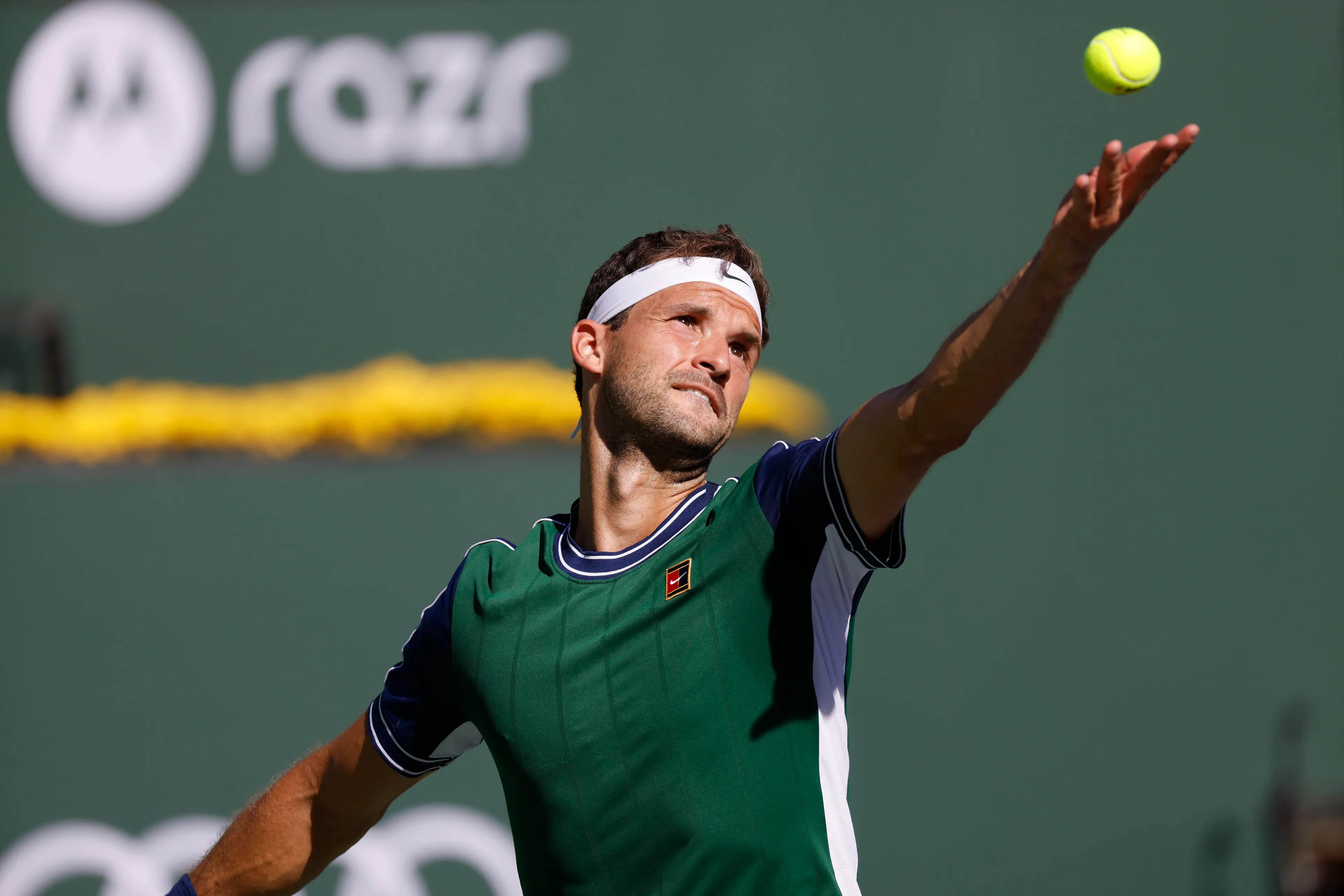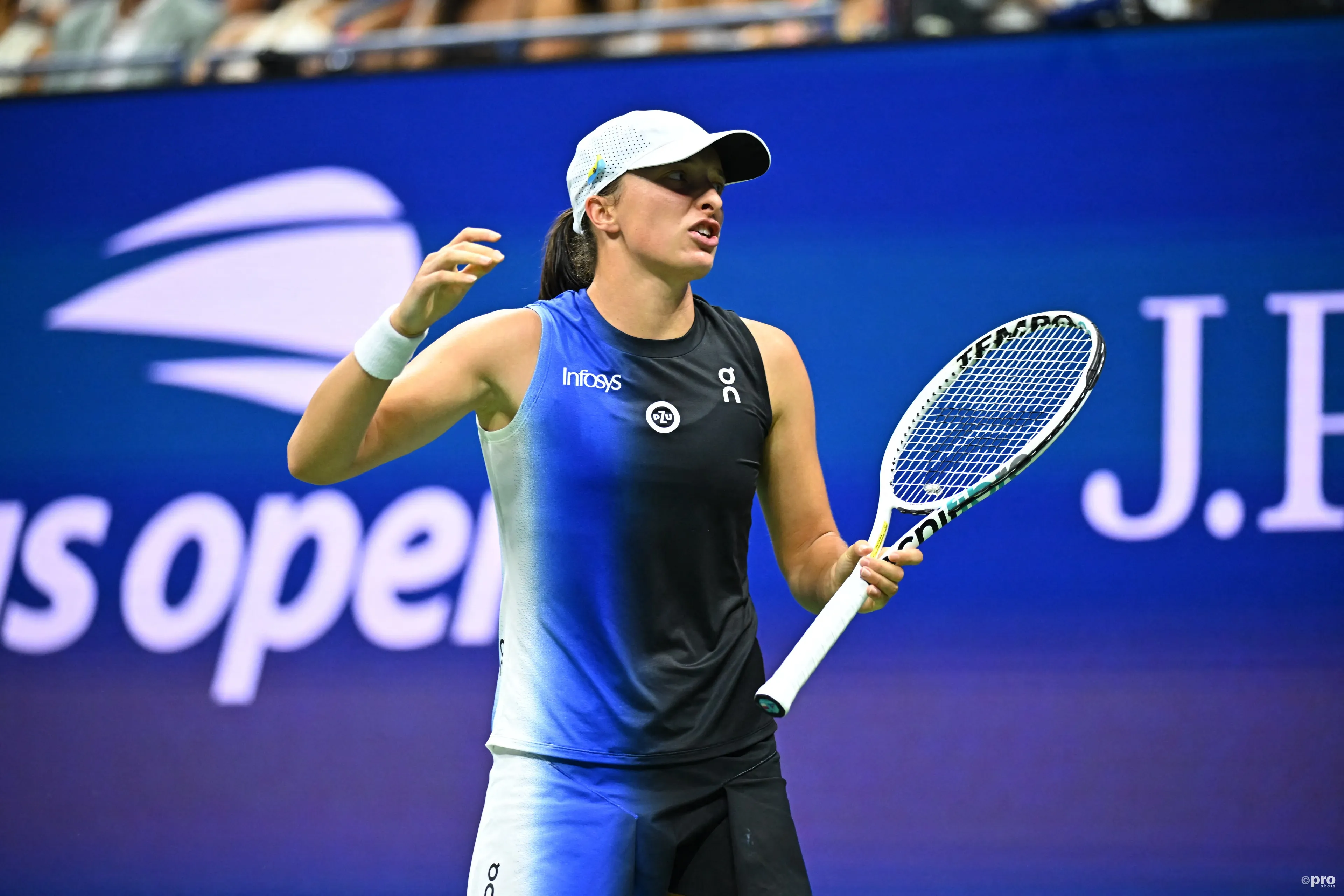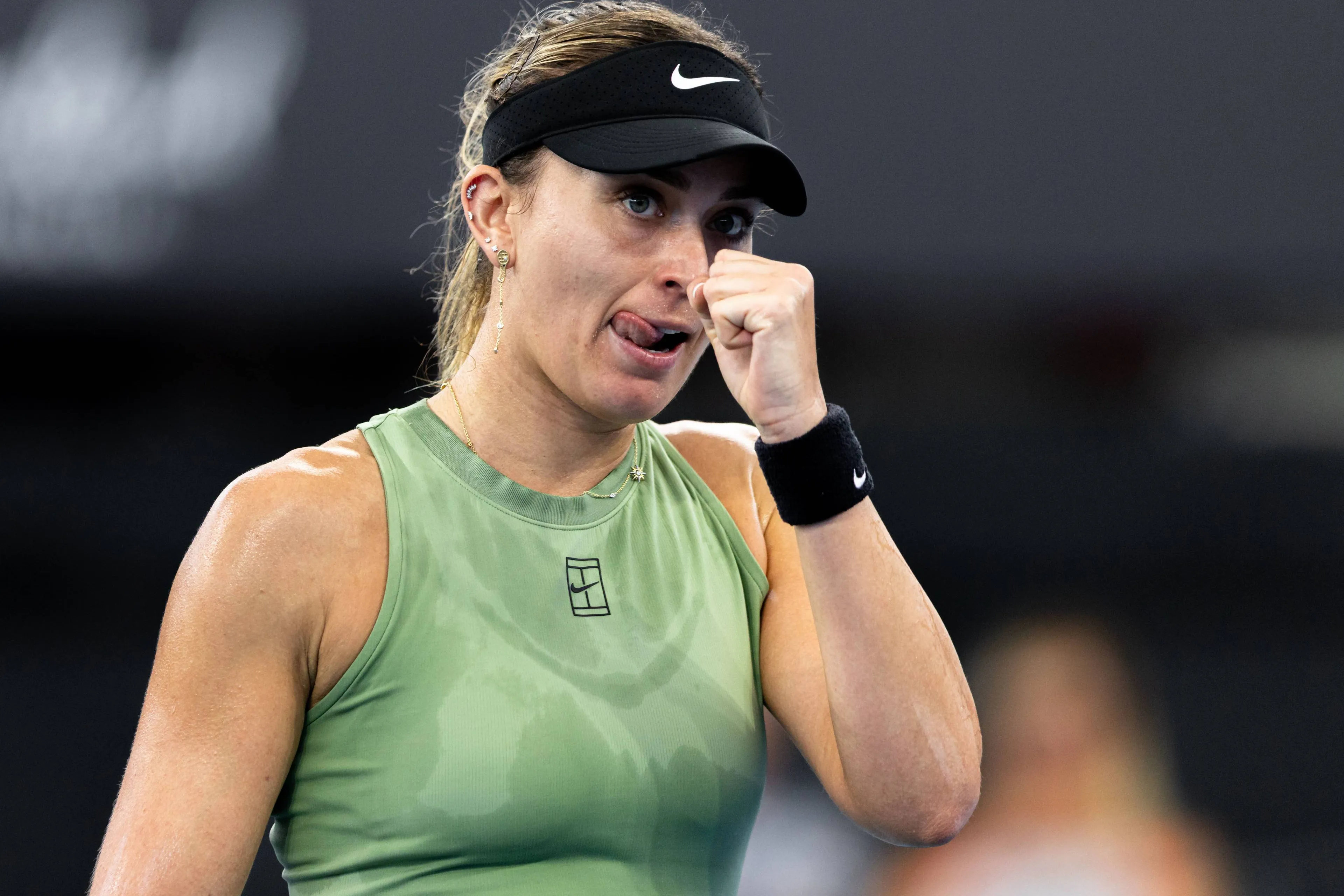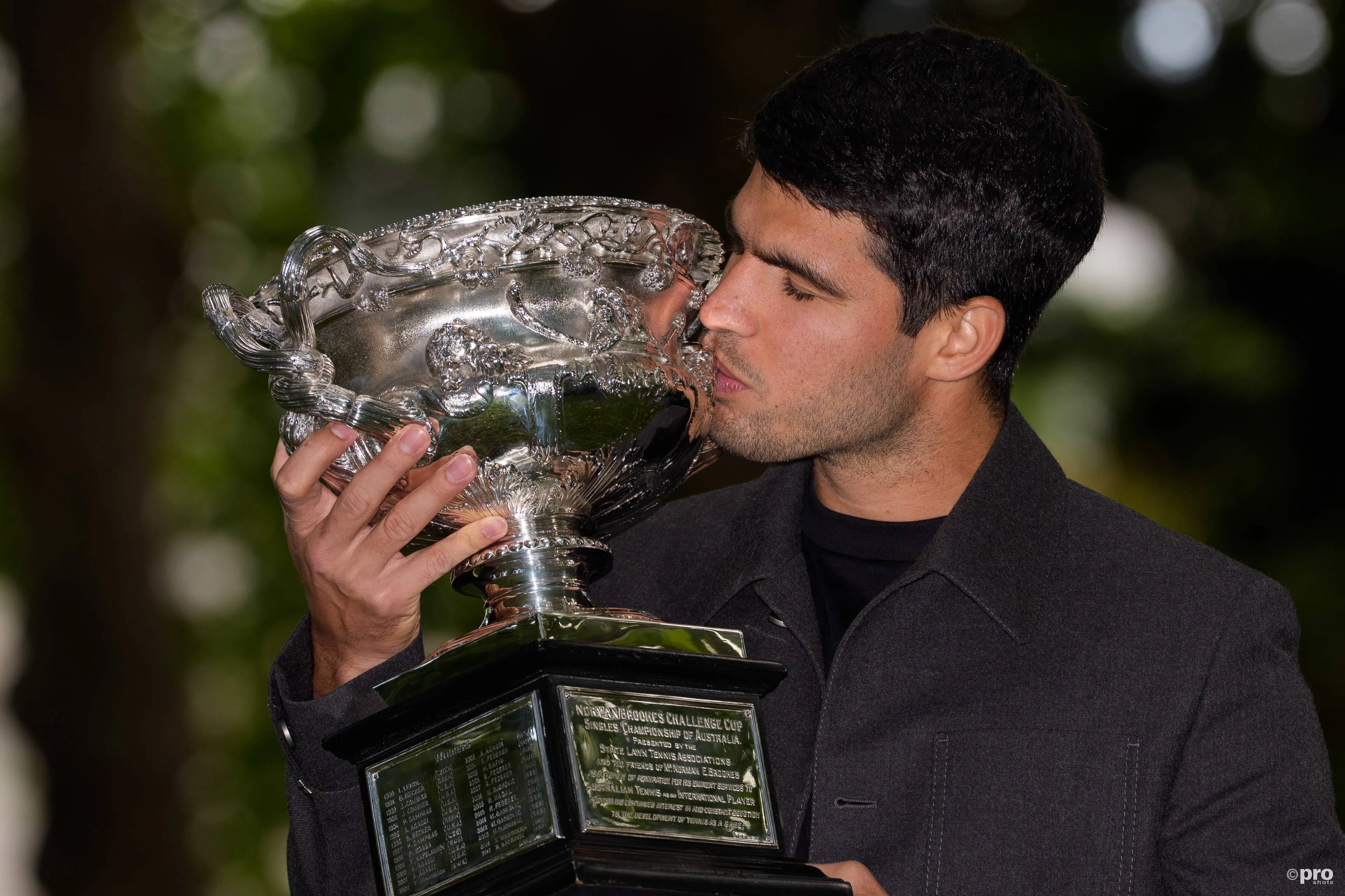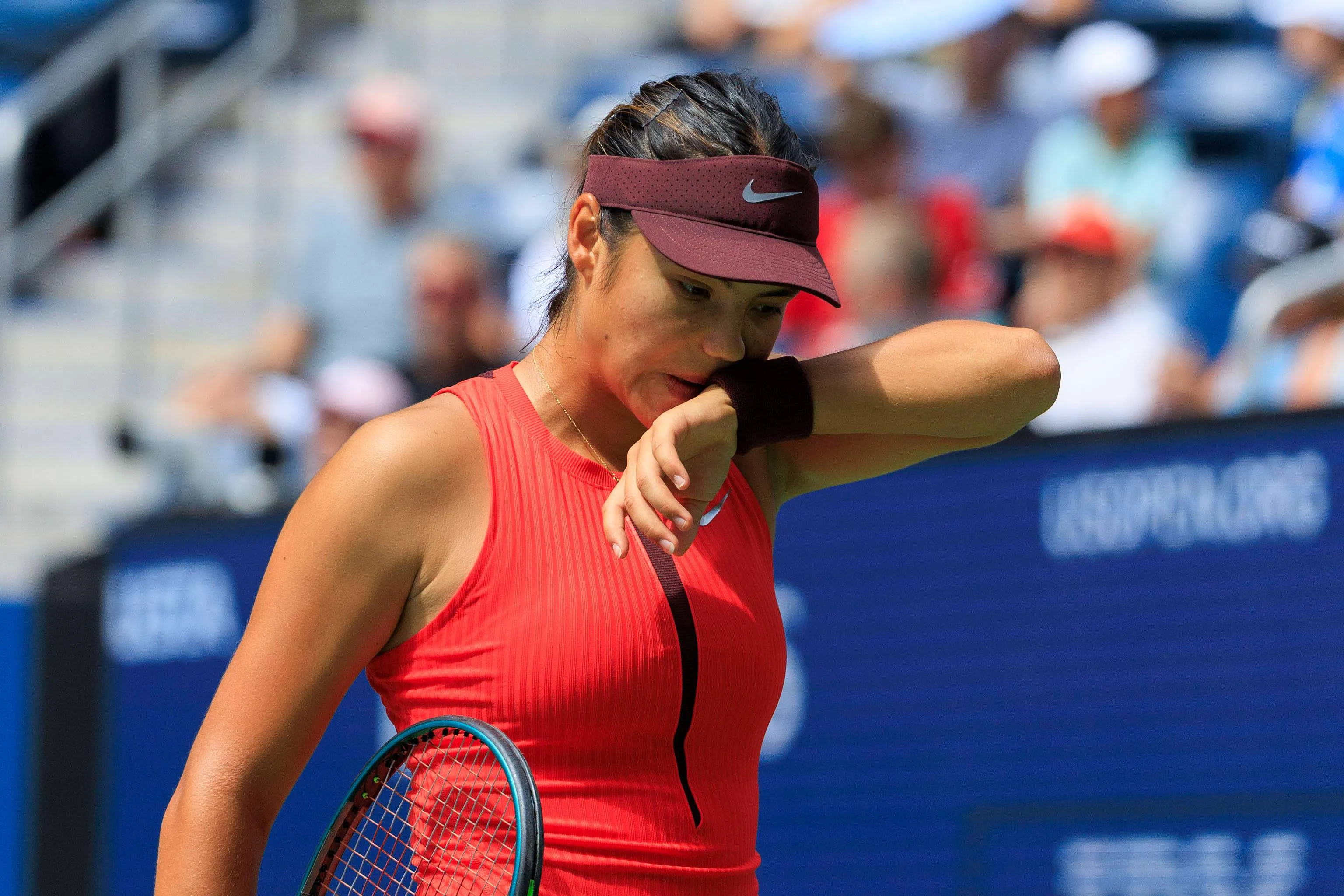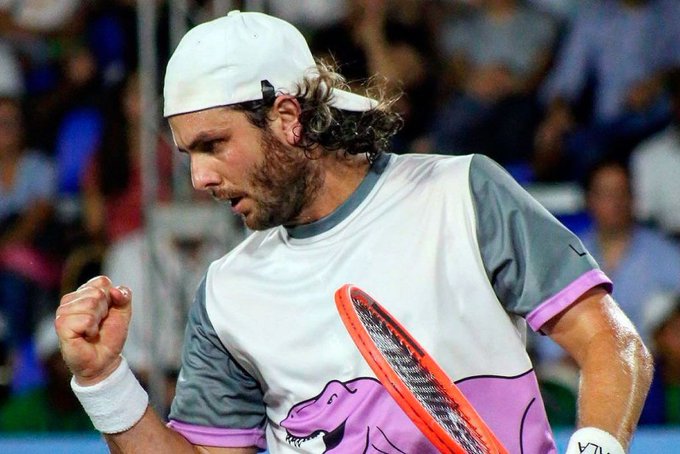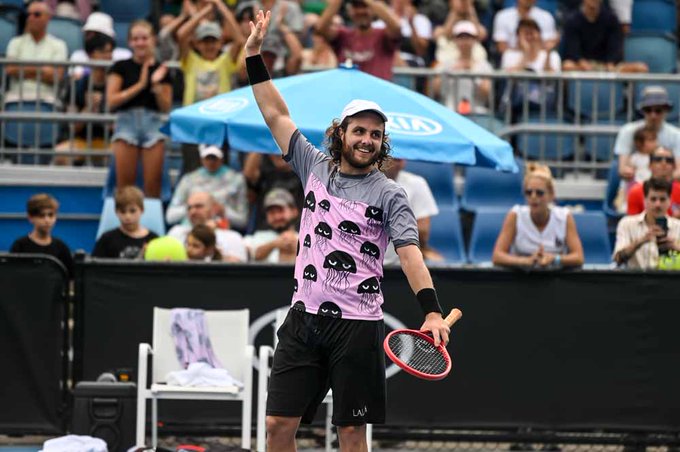"Novak Djokovic said he had been offered match fixing": Marco Trungelliti opens up on his exclusion after reporting match fixing
Tennis NewsTuesday, 10 October 2023 at 12:59
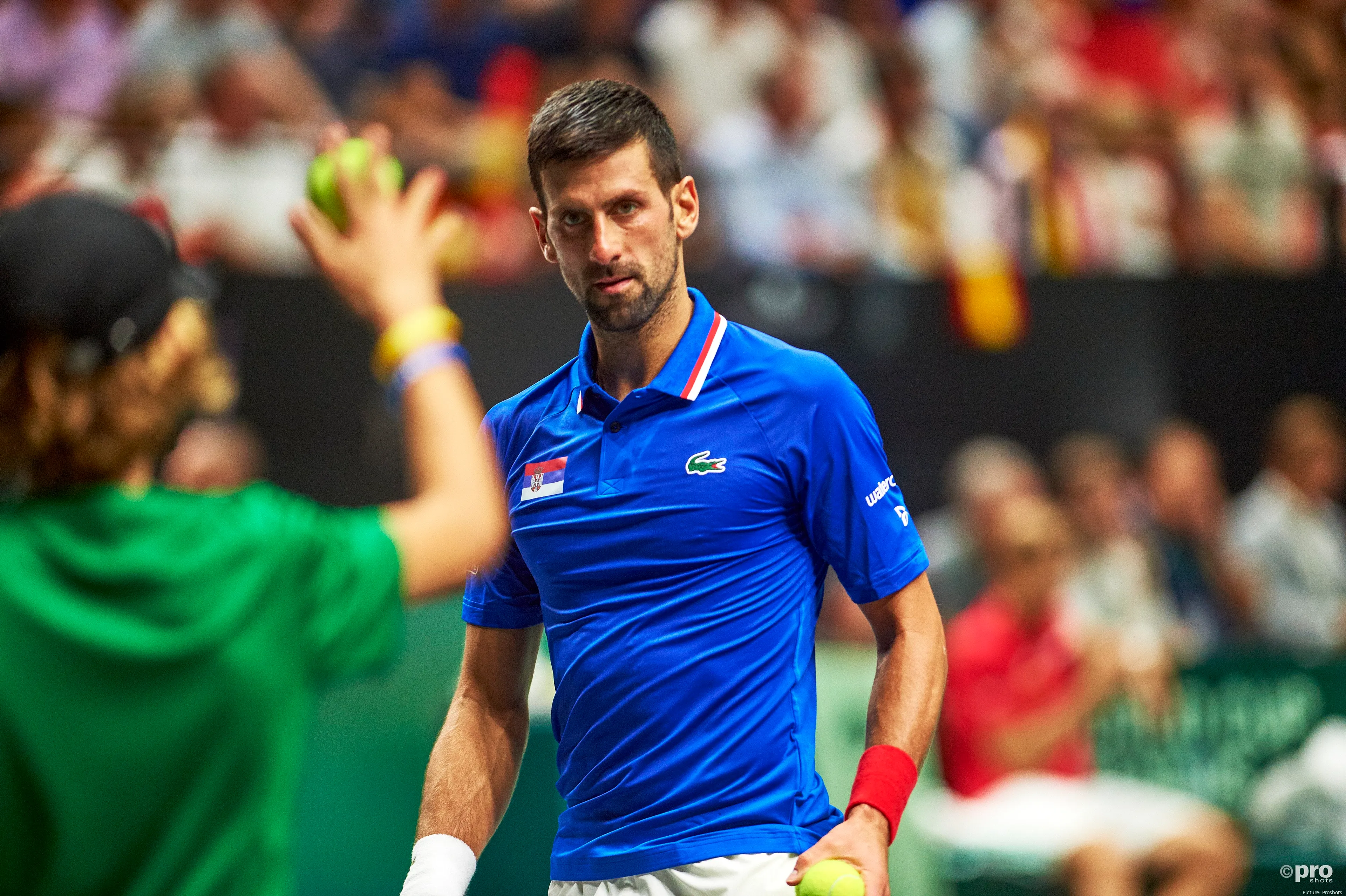
Marco Trungelliti has opened up about the pain he felt after being ostracized for reporting match-fixing and its prevalence in the sport while recalling how Novak Djokovic also came forward with claims about the cheating method
The difficulties began for the Argentinian player after he reported match-fixing attempts in 2018, which led to three of his compatriots - Federico Coria, Patricio Heras, and Nicolas Kicker - to be banned from the sport.
However, instead of receiving support and praise from the tennis community for helping to maintain fair play, Trungelliti recalled how many ostracized him, leading to dangerous consequences as his family received threats.
Read also
Trungelliti says he was not protected by governing bodies
In a recent interview with La Nacion, the 33-year-old opened up on the pain he felt during this time.
"It hurt me a lot. It was a deep pain because of who I was. What I said was fulfilled and everything remained the same," he said.
Trungelliti added that other players had come forward, using the example of World No. 1 Djokovic, who revealed in 2016 that he was offered $200,000 to lose in the first round of a tournament, which he declined before calling match-fixing "an act of un-sportsmanship and a crime in sport."
"Djokovic said he had been offered match fixing. Sergiy Stakhovsky, who had called me a snitch, later came out to say that he was also offered. It's like everything fell into place, but it broke me, basically, because I didn't expect it," Trungelliti added.
Read also
Trungelliti also called out tennis governing bodies such as the ATP and ITF, accusing them of failing to protect players who come forward to report match-fixing.
"That, in addition to how the ATP, the TIU, the Association and the ITF acted, was a tremendous combo, one stab after the other. All of these organizations fell far short of what is needed for things to improve," he said.
Trungelliti also revealed in 2019 that he was offered match-fixing and opened up on this in his interview with La Nacion.
"I remember that confession with mixed feelings. Never with regret because I did it convinced. Besides, there was injustice, and things were being said [about me] that weren't true.
"The associations [...] I thought they were aware of the reality that tennis was facing... It was tough as time went on, and the bullying, the pointing fingers, a lot of voices I didn't like started. And that's when I began to realize the mess I had gotten myself into," he explained.
claps 3visitors 1
Just In
Popular News
Latest Comments
- The poor Head Sportswasher has been whining and crying in the media, and basically threatening Saba, Iga, etc. Must be a real Ego Buster when they dangle money and people (especially Women) say, 'No thanks'.
- "Losing-itis" is not uncommon in Emma's small world. Just keeps begging the question, 'What are sponsors paying for? Limited tennis appearances... or Social Selfie Media presence?'
- Dubai can suck it up like everyone else. Just because they think they run the show, they do not. Sportswashing does not give them Power.
- You're losing your mind here.. You use a lot of space, yet inadequate knowledge. Read the WTA Rule Book 2026; it answers all your questions and accusations.
- Why single out Iga and Aryna to punish?, Since when do players get punish because they withdraw from tournaments? Maybe if they both were treated like number one and two players, they would not have this problem. The WTA discriminates against them because of their nationalities, yet they want to make money off them. Every tournament, Iga has harder draws than qualifiers from the beginning to the end. In the Australian Open they stuck Aryna out in the sun the majority of her matches in order to tire her out. She is the number one player in the world and she never got the opportunity to play with the roof closed. If they want these top players to continue playing and making money for them, then they should treat them as such. Otherwise, get the players who they are always giving out cupcake draws to like Pegula to play their tournaments. Lets see how many seats in the audience she will fill. Iga has more fans in the seats than any player in the WTA, yet she is always disrespected and mistreated because of her nationality. The WTA is a corrupt, bias and racist organization. No matter what job someone is on, you cannot tell them that they are not sick or injured.
- LOL. Billie Jean King hates being a woman.
- Pulling out a tournament is not illegal. Therefore, that is no problem. Maybe they need more rest.
- It is simple. If you do not want cameras following you, get away from tennis and go find another job. Cameras and interviews are a part of the job. They do not mind cameras when they are winning. If the women tennis players would put the same amount energy to playing tennis as they do with complaints, women tennis would be exciting to watch.
- Yeah, that's what I would do... be nice and lose a match
- Turns out Swiatek is as big a cheater as Draper (remember vs FAA?)when she didn’t admit to hitting a double bounce drop shot. The blind chair ump didn't even see it on the replay but fortunately got the correct call from someone on the phone (supervisor?) we all saw it…..it wasn’t even a close call. Great win Sakkari !!
Loading
